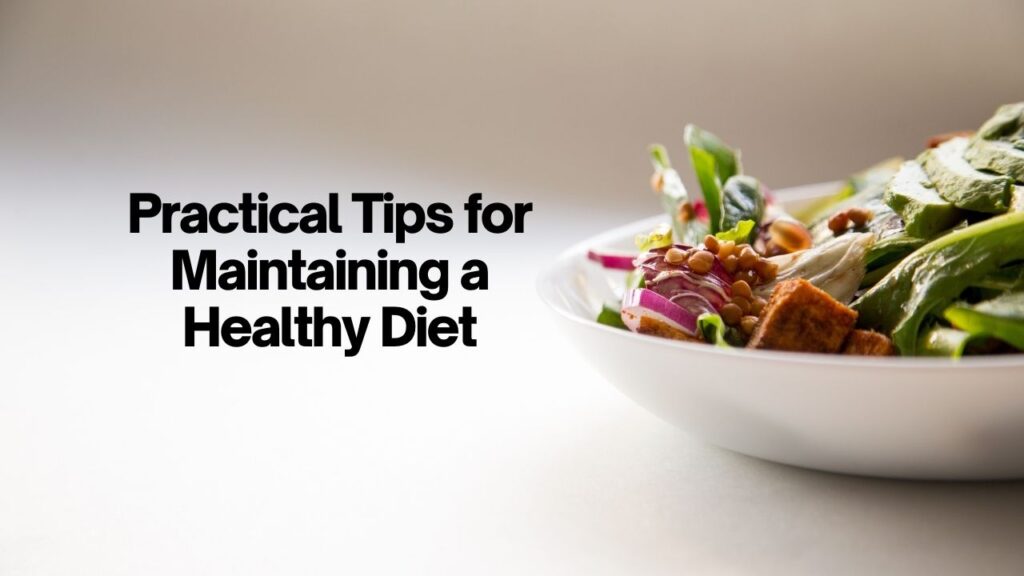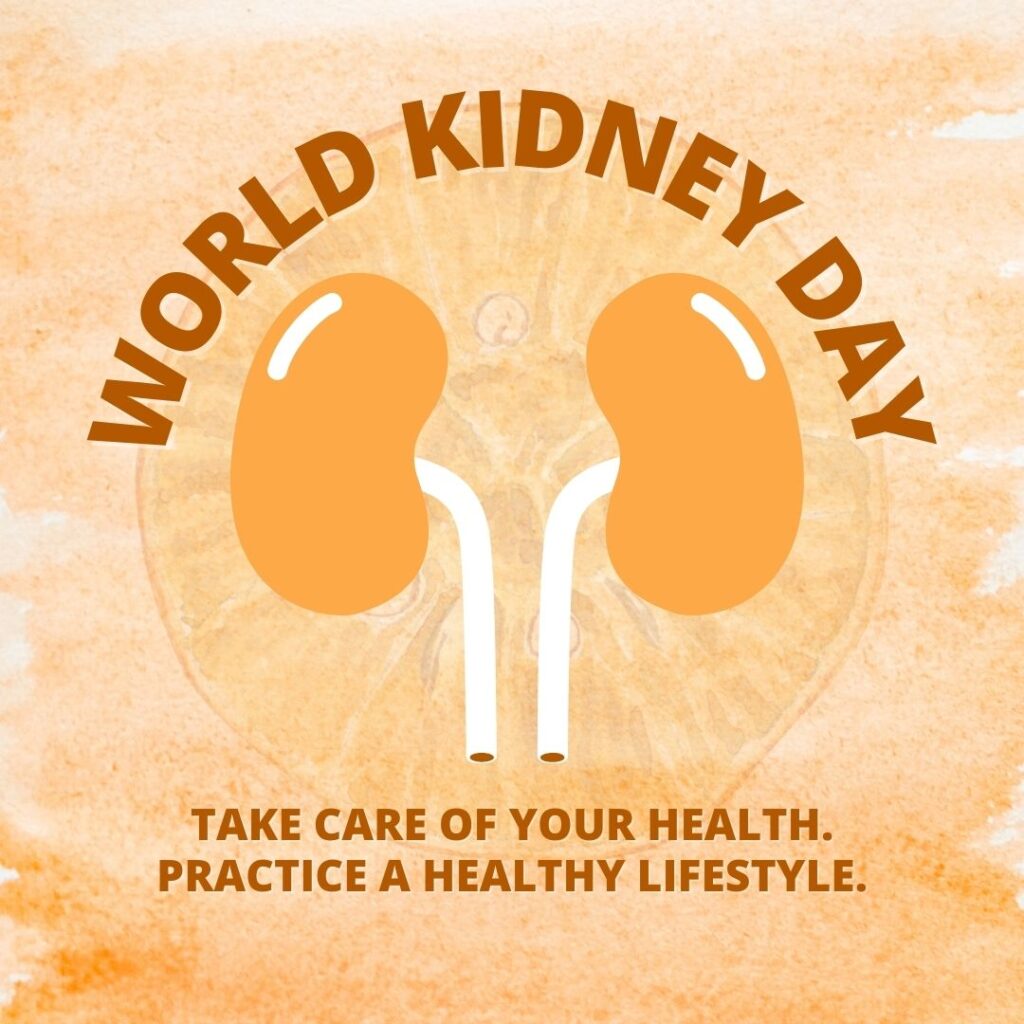Who doesn’t want to be fit? Well, everyone does but most of them fail to eat a healthy diet.
In today’s fast-paced world, maintaining a healthy diet can often feel like an uphill battle. With busy schedules, tempting fast food options, and conflicting dietary advice, it’s easy to become overwhelmed and lose sight of our nutritional goals. However, with the right approach and mindset, achieving and sustaining a healthy diet is entirely feasible. This article will explore practical tips to help you stay on track and make healthier choices for a happier, more vibrant life.
Introduction to Healthy Eating
A healthy diet is not just about restricting calories or following the latest fad diet. It’s about nourishing your body with the right balance of nutrients to support overall health and well-being. A well-rounded diet includes a variety of fruits, vegetables, whole grains, lean proteins, and healthy fats. By focusing on nutrient-dense foods and practising moderation, you can fuel your body with the energy and vitality it needs to thrive.
Practical Tips for Sustaining a Good Diet
- Plan Ahead: One of the keys to maintaining a healthy diet is planning. Take the time to plan your meals and snacks for the week, and make a grocery list before heading to the store. By having healthy options readily available, you’ll be less likely to reach for unhealthy convenience foods when hunger strikes.
- Fill Up on Fruits and Vegetables: Aim to fill half your plate with fruits and vegetables at each meal. Not only are they low in calories and packed with essential vitamins and minerals, but they also provide fiber to help you feel full and satisfied. Experiment with different colors and varieties to keep things interesting and ensure you’re getting a wide range of nutrients.
- Moderation is Key: While it’s important to focus on nutrient-dense foods, it’s also okay to enjoy your favorite treats in moderation. Depriving yourself of the foods you love can lead to feelings of deprivation and ultimately derail your efforts. Instead, practice mindful eating and savor indulgences in small portions occasionally.
- Stay Hydrated: Many people mistake thirst for hunger, leading them to overeat when their bodies are actually craving hydration. Make sure to drink plenty of water throughout the day, and limit sugary beverages like soda and juice. Herbal teas and infused water are excellent alternatives to keep you hydrated and add flavor without added calories.
- Listen to Your Body: Pay attention to your body’s hunger and fullness cues, and eat only when you’re truly hungry. Avoid eating out of boredom or emotional triggers, and stop eating when you feel satisfied, not stuffed. By tuning into your body’s signals, you can develop a healthier relationship with food and avoid unnecessary overeating.
Conclusion
Maintaining a healthy diet doesn’t have to be complicated or restrictive. By following these practical tips and making small, sustainable changes to your eating habits, you can achieve your nutritional goals and enjoy improved health and vitality. Remember to be patient with yourself and celebrate your progress along the way. With dedication and consistency, you can nourish your body and thrive.
FAQs
Can I still enjoy my favorite foods while maintaining a healthy diet?
Yes, absolutely! The key is moderation. Enjoy your favorite treats occasionally and focus on incorporating nutrient-dense foods into your daily meals.
How can I overcome cravings for unhealthy foods?
Try substituting healthier alternatives for your favorite indulgences, and practice mindfulness to identify whether you’re truly hungry or just craving something out of habit.
What are some healthy snack options I can keep on hand?
Opt for snacks that combine protein and fiber to keep you feeling full and satisfied, such as nuts and seeds, Greek yogurt with fruit, or whole grain crackers with hummus.
Is it necessary to follow a specific diet plan to eat healthily?
Not necessarily. While some people may find success with structured diet plans, it’s more important to focus on eating a balanced diet that includes a variety of nutrient-dense foods and fits your individual lifestyle and preferences.
How can I incorporate more vegetables into my diet if I’m not a fan?
Try experimenting with different cooking methods, such as roasting, grilling, or sautéing, to enhance the flavor and texture of vegetables. You can also sneak them into dishes like soups, stews, and smoothies for added nutrition.







